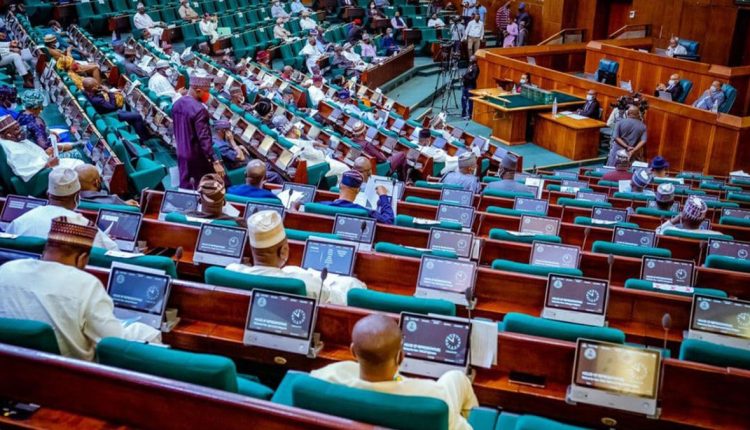BREAKING: House Committee Summons To Governors Unhelpful

As Nigeria’s democracy continues to evolve, specific actions and decisions of the key actors, especially in the legislature and the executive arms of government, call for caution.
One such controversial action is the recent summons by the House Committee on Public Petitions to the governors of Benue State, Rev Father Hyacinth Alia, and his Zamfara State counterpart, Dauda Lawal.
Since the summons, which were extended to the leadership of the states’ Houses of Assembly were issued, the matter has generated debate on the powers of the Lower House of the National Assembly to summon governors and speakers who are not answerable to it.
Citing a petition by a civil society organisation over the raging crises in the legislatures of the two states, the committee directed the two state chief executive officers to appear before it on Thursday, May 18, 2025, to explain why the House of Representatives should not take over the functions of their Houses of Assembly.
The committee claimed that Sections 88 and 89 (c) of the 1999 Constitution (as amended) confers it with the authority to summon the governors.
For clarity, sub-section 2(a and b) of Section 88 stipulates that the “powers conferred on the National Assembly under the provisions of this section are exercisable only to enable it to: (a) make laws with respect to any matter within its legislative competence and correct any defects in existing laws; and (b) expose corruption, inefficiency or waste in the execution or administration of laws within its legislative competence and in the disbursement or administration of funds appropriated by it.”
In the instant case, the issues at stake are not within this purview.
The committee further threatened the governors that “if you do not attend the hearing as required, the case may be heard or determined in your absence.” As a newspaper, we are persuaded by available legal provisions to question the committee’s understanding and interpretation of the provisions of the nation’s constitution.
Since these summons were issued, the leadership of the House and Senate, who should know better, has been silent, implying that they endorsed the committee’s breach of the Constitution.
True, the National Assembly’s investigative and summoning powers are contained in the Constitution under Sections 88 and 89. However, this authority is not without limits.
The authors of the Constitution opted for a federal system of government with a clear separation of powers between the federal government and the states to guard against this type of abuse.
Section 4(7) of the Constitution provides that the legislative powers of the National Assembly do not extend to matters within the exclusive legislative competence of state assemblies unless clearly stated.
Sections 5(1) and 5(2) also delineate the legislative powers of the federation and states, with emphasis on the autonomy of state governments.
Therefore, the House of Representatives’ summoning of governors and speakers of state assemblies blurs the “lines of constitutional authority.”
From the foregoing, we assert that the Lower House cannot summon Governors Alia and Lawal, as well as the speakers of the two states, in this particular matter, because they are elected public officials, who are accountable to their constituents and the state legislatures, respectively.
If we may ask, of what use is summoning a governor, who enjoys immunity from prosecution by the federal legislature and who is not bound to obey such? If he refuses, will the House issue a bench warrant to the Police for his arrest as provided in the constitution for a federal appointee or institution that fails to honour the House summons?
Where did the Lower House get the power to take over the functions of a state legislature whose leadership is intact and the crisis in its fold has not reached the point that it cannot perform its statutory functions?
Why are the Representatives so particular in the cases in Benue and Zamfara? Where were the federal lawmakers when a governor used four members to run a House of 31 members? Also, a former governor refused to inaugurate the majority of the state House perceived to be supporting his estranged godfather. All through that administration, the Representatives looked the other way while the governor’s impunity lasted.
Why did the House not intervene in Lagos State House of Assembly crisis when security agents shut it down? Are some states and persons more equal than others?
Unfortunately, the committee is acting on a petition by an obscure civil rights organisation to summon governors to a sitting at public expense.
If there are infractions, the House ought to engage the authorities of the two state governments to resolve them, not issue fiats and threats.
The tone of the summons further suggests that the state officials will not get justice because everything points to the fact that the hearing will be mere window dressing.
Benue and Zamfara now need the support of all Nigerians, including the federal lawmakers, to end the security challenges facing them, not any tendency towards showmanship. The summons are, on all counts, unhelpful.
